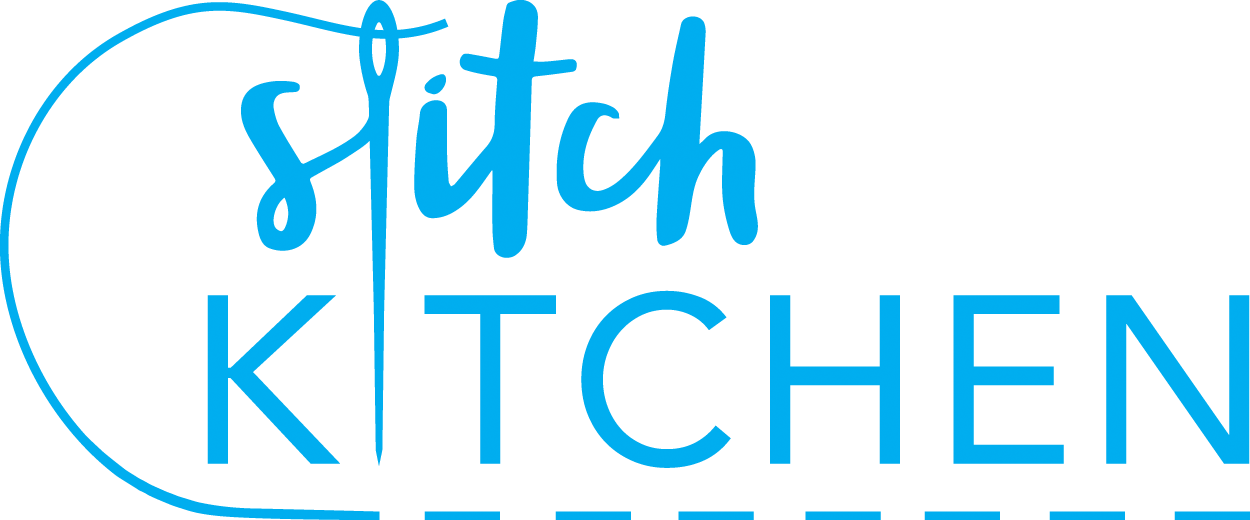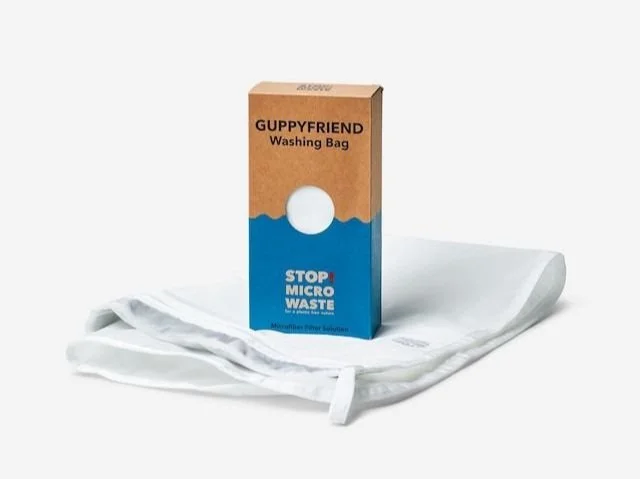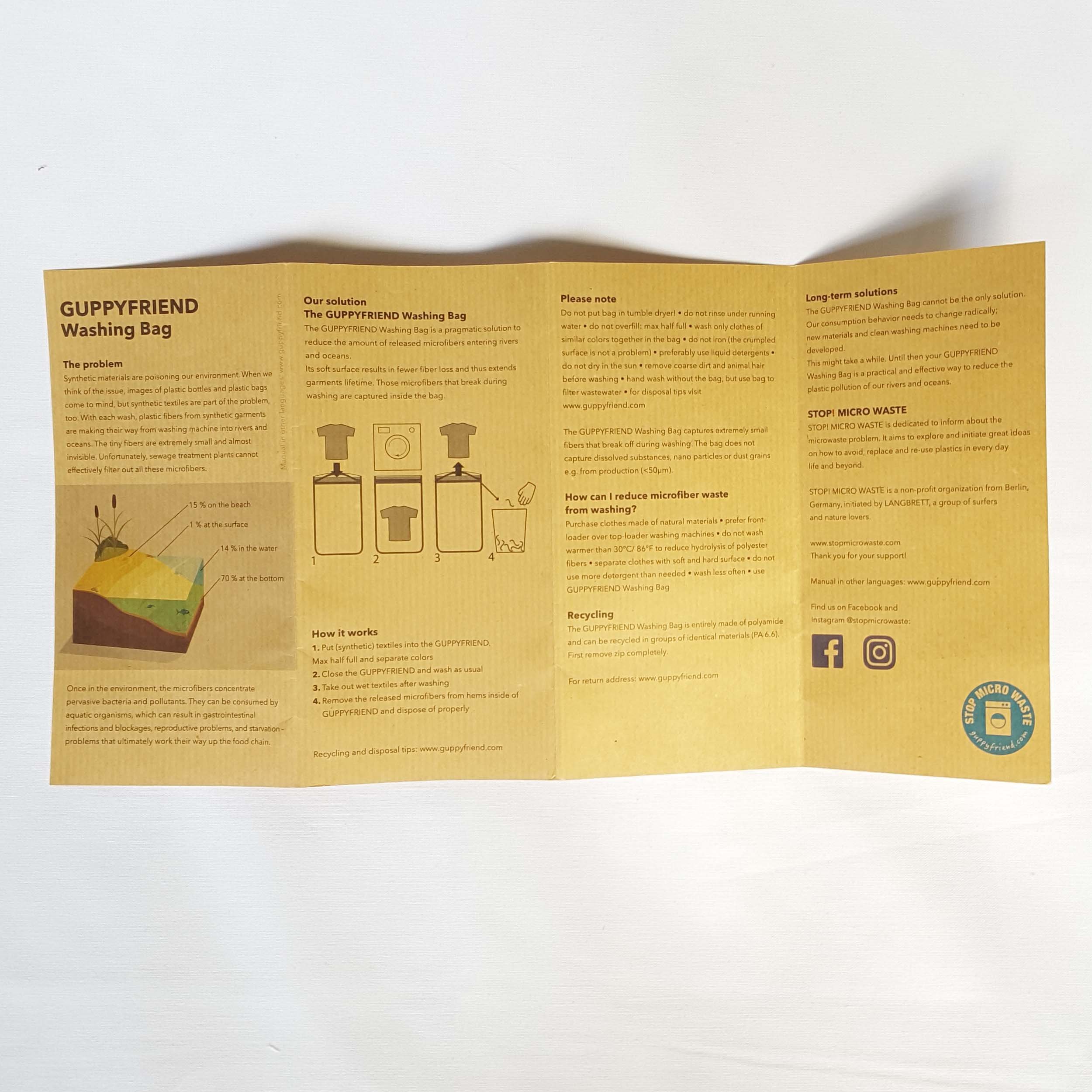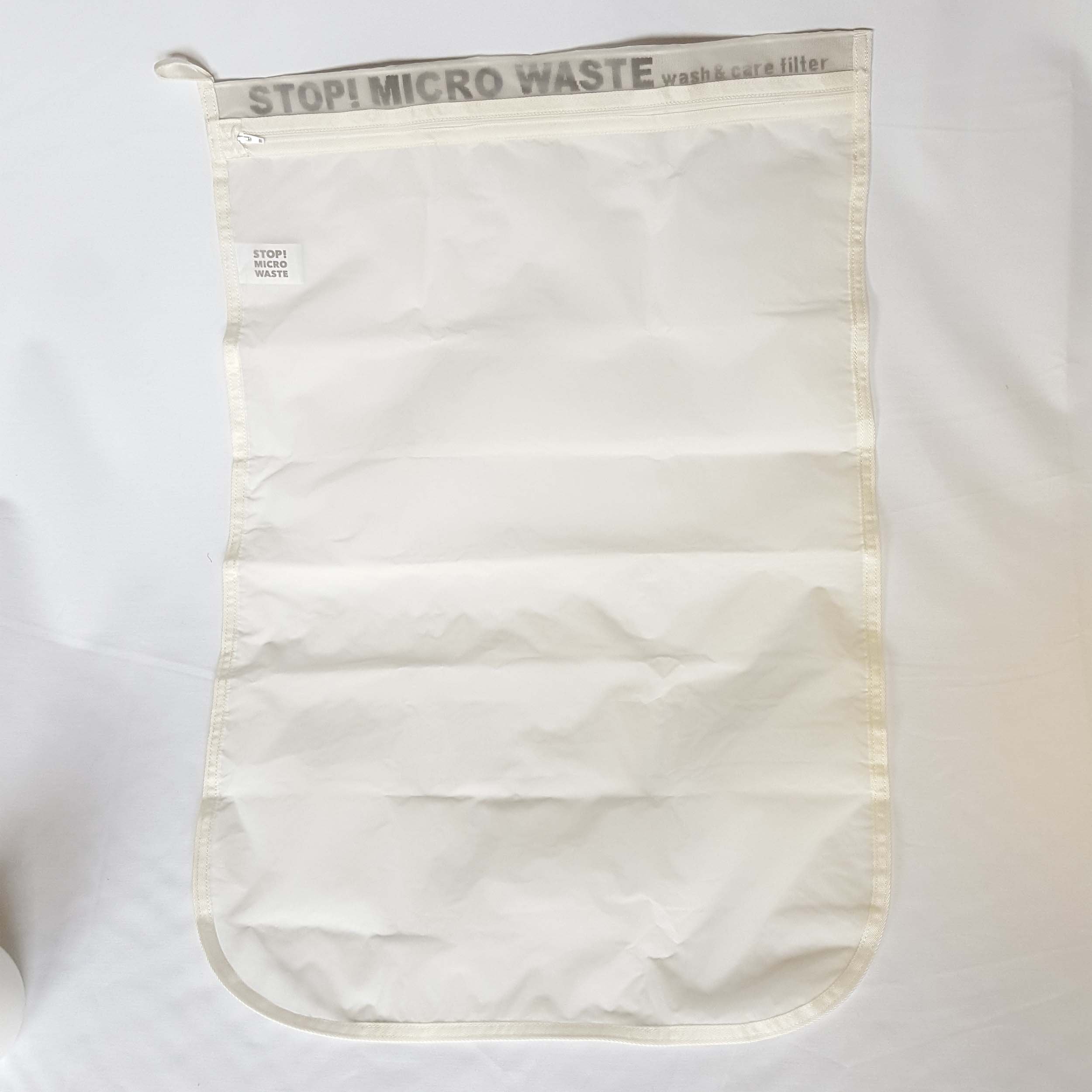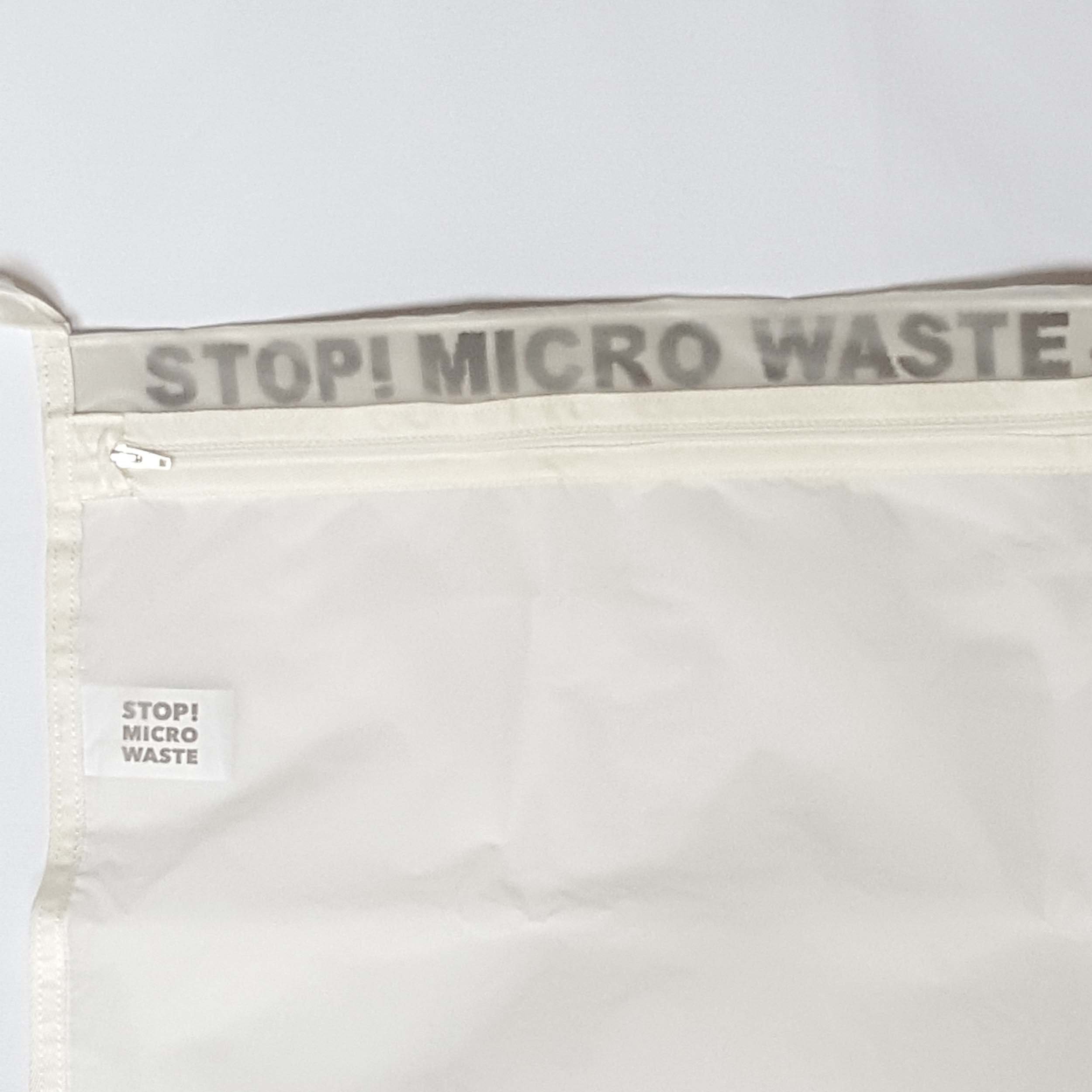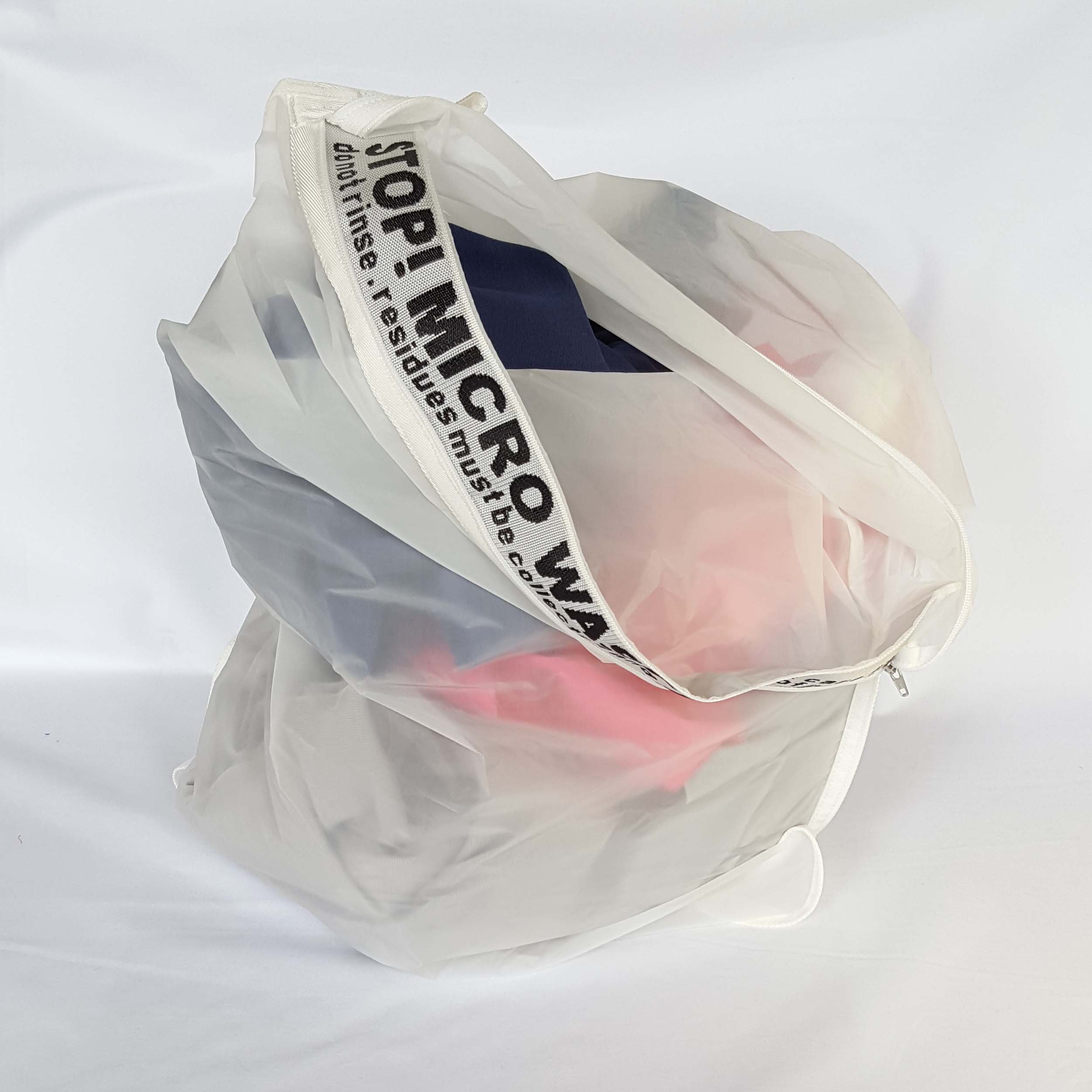Guppy Friend Goodness
Dunedin city - Photo by Ulrich LangeIn Dunedin, we’re incredibly fortunate to live in a very beautiful part of the world. Each day as I walk to work I get the opportunity to gaze out on the waters of Otago Harbour, and in the distance, over the Peninsular and South Dunedin, to the great blue Pacific ocean.
While things look clean and beautiful here, it’s heartbreaking to see views of the ocean and shoreline in many parts of the world, due to the vast problem of plastic pollution that ends up in our waterways.
Even more worrying are the reports of what we cannot see - the plastic particles less than 5mm in diameter known as microplastics.
“Of the 8 million metric tons of plastic waste that enters our oceans every year, as much as 236,000 tons of it are microplastics.”
Textile microfibers are mostly shed during washing, where they travel with the waste water through the filters on our washing machine and water treatment facilities and right into the ocean.
“We urgently need to know more about the health impact of microplastics because they are everywhere — including in our drinking-water. Based on the limited information we have, microplastics in drinking water don’t appear to pose a health risk at current levels. But we need to find out more. We also need to stop the rise in plastic pollution worldwide.”
Everytime I empty the lint from my dryer, I wonder ‘how many of these particles are microplastics, and how many came out in the wash even before drying’?
How do we reduce the rise of microplastics in our waterways?
BUY LESS.
Avoid purchasing new fabric or clothing made from plastic fibres (but due to other sustainbility considerations we need to also reduce land and water use of producing natural fibre fabrics…so cannot simply switch from one type to another at current consumption rates).
BUY QUALITY.
Cheaper fabrics likely mean a poorer quality, and increased risk that the fabric was made to feel soft and nice in the short term, not on being strong enough to withstand regular wearing and washing.
LIMIT WASHING.
Airing between wears and using spot cleaning as needed (for great spotcleaning tips, see our great Stain Removal booklet!)
WASH WITH CARE.
Always follow the care label inside your clothes, and use a Guppy Friend wash bag when you wash your clothes.
What’s a GuppyFriend washing bag?
THE GUPPYFRIEND WASHING BAG extends the life of your clothes while protecting our environment. Place laundry into the bag, seal, and wash as normal. The bag will reduce friction and wear on your fabrics (while still allowing for cleaning), as well as catch lint and microfibres to help clean our rivers and oceans.
The Guppyfriend Washing Bag with compostable box and manual.
Guppy Friend bags are now available through Stitch Kitchen. Revenue from your purchase from us at the regular recommended retail price is used to help us cover our operating costs and continue working to reduce textile waste.
Want to learn more? Check out the frequently asked questions on the Guppy friend website.
If you wish to go further, see Fashion Revolution’s excellent tips from writing to fashion brands, and government policy makers.
We need everyone together to solve this issue; from the ‘ground up’, as well as the ‘top down’, if we wish future generations the same sense of joy from the view of the ocean.
